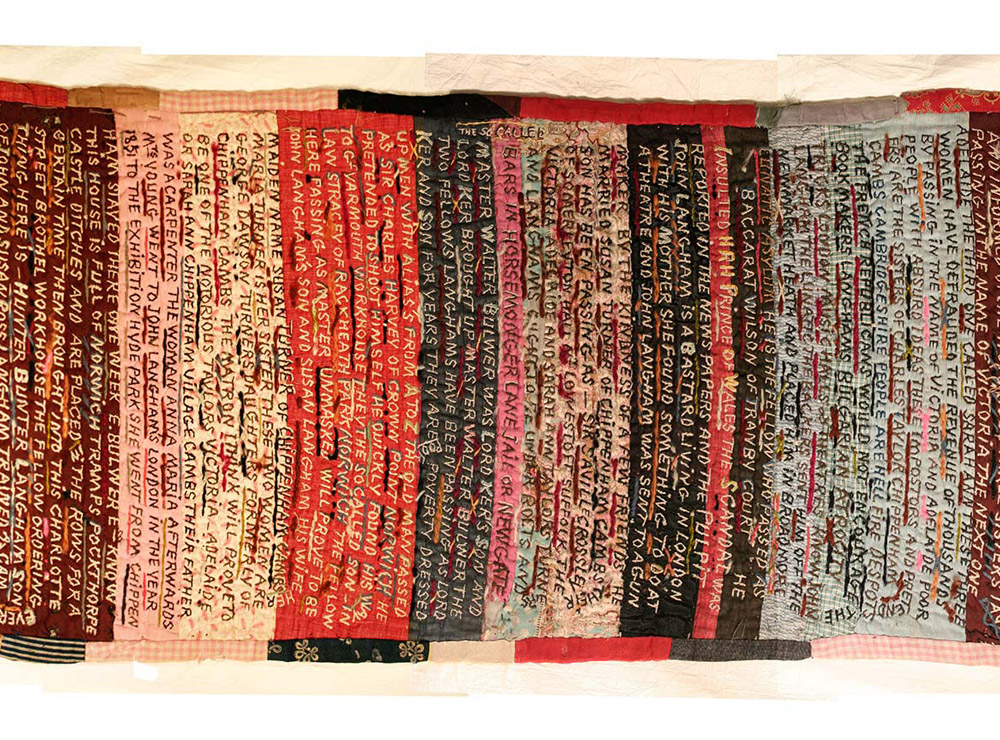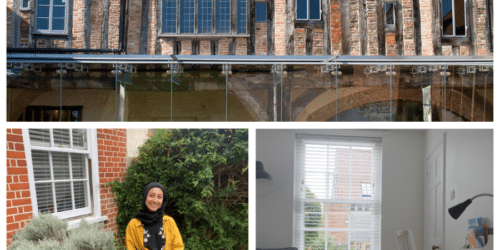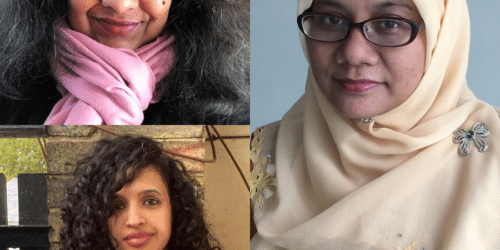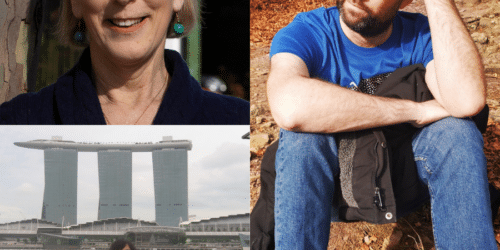
Japanese author, translator and photographer Mariko Nagai was writer in residence throughout July.
A city is a living thing, peopled with histories and undiscovered stories. It is also a home for the present, the now, and possible futures. The city breathes deeply, exhaling church bells that dictate our lives; the city inhales, and it is night, and there is no sound to be found except for the gawking of the gulls who sleep only after the midnight. And in the last two weeks, I found out about flocks of geese who wing the sky around the time of the Vesper, the V shape fumbling, collapsing, but always the V. I named them: Vesper Geese. The staff at the Italian Restaurant behind my flat who unknowingly shared their intimate conversations through the kitchen ventilation: my Italians. And that mysterious bird (or is it a fox) who cries between 23.00 – 24.00: Compline Bird. Once you start naming, once you start possessing, the place is no longer neutral.
And as with any city, it doesn’t give up its secrets easily. The city of Norwich is full of alleyways that lead somewhere else, and no matter how many times I walked around the city, I was startled to find that an unfamiliar alley led to a familiar street, and the familiar alley led to the strangest corner. And that’s how I’ve been working this month: I went searching for Julian of Norwich, which led me to my own past obsessions – both historical and personal – and near the end, I stood in a conference room in the Norwich Castle Museum Study Centre, tracing the angry stitches that Lorina Bulwer made nearly a hundred years ago as she sat in the insane ward of the Great Yarmouth Workhouse after her brother-in-law committed her there, stitching words of gossips about her neighbors, and ranting words (in steady hands) such as “I HATE WOMEN”, “WHAT HAVE I MISS LORINA BULWER A SINGLE WOMAN WITH ALL THE OLD MARRIED NIGHT CAP WOMEN I HAVE NOTHING TO DO WITH THEM I WOULD NOT TOUCH THEM WITH A FORK”. The repeated phrase, “I MISS LORINA BULWER” can be read in two ways: “I, Miss Lorina Bulwer”, a way of asserting the self again and again to remind the “reader” that there is a solid self writing these letters; another way of reading is “I miss Lorina Bulwer”, an interpretation that denotes the erasure of the self. Who owns the female body and its agency? Is there an agency after all, or are we living in a delusion that we have free-will, when in reality, we are dictated by circumstances, conditions, environments – and, most fundamentally, the laws and limitations of the corporal? Looking at these textiles, I sensed that once institutionalized, embroidery was her way of shouting back at the world (i.e. “ A good patient is an undemanding patient,” a phrase I overheard at the nurse’s station as my father lay dying of cancer ten years ago, and he lay there undemanding because he was a good boy, he was always a model student, a model worker, and even dying, he wanted to remain as such though when we unclenched his hands after he died, we found four deeply embedded half-moon shapes on each of his palm. A nurse told us, “Your father was the best patient we ever had – he never once complained, though we know that he was in much pain and fear”). Embroidery was the institution’s way of making her obedient by keeping her focused and quiet, to domesticate her rage. But here she was, her hands betraying her docile exterior: angry words stitched, one letter at a time, on found pieces of textiles (were they castaway clothing? Were they produced at the institution?), the needle in her hand stabbing, pulling, attacking the fabric, as if these found fabrics represented for her the institution itself.
I have never let a city or a place enter the work-in-progress as my time here.
And there’s also Julian, who chose, on her own free will, to go into a room, dead while alive, contemplating that series of visions God gave her so many decades ago. And I would like to imagine that in her hands, she held a spindle while she heard stories of woes both mundane and profane behind the curtain at the window to the world. And I would also like to imagine her knocking on the window to her servant’s room, and saying to Sarah or Alice, “We are running low on money this month. Here’s some yarns, can you go sell them?” Contemplative life is full of domesticity, that’s what fills the hours between prayers, because when the hands move, the mind dislodges itself and can travel anywhere, because being in the body, being of the body, means that we must eat, that we must defecate, that we must worry about menstruation, physical pain, aging and our eventual death. We are not above the body, not even for someone like Julian, dead while alive.
I have never let a city or a place enter the work-in-progress as my time here. With five documents open at the same time, I would write a couple of words, then knit for a while to think of the cadence or the tonality for the following words, then went back to the page to write a couple of more words. When words were strung enough to create a sentence (a rosary of words?), I would look at other documents for echoes, and embedded these words in others, creating repeated patterns and motifs throughout, with slight variations each time. A gesture introduced and reintroduced again and again. All the while I was knitting.
But there is so much uncertainty still, and perhaps it is perfect as it is, for now, in its mystery. Like the hazelnut I took from Julian’s cell, like the dissonance of competing church bells, it is unknowable. There is time to decode yet.
About Mariko Nagai
Mariko Nagai is an author, translator and photographer. She is Associate Professor of creative writing and Japanese literature at Temple University in Tokyo. Mariko’s residency in Norwich will take place between 1 July and 1 August. Website







